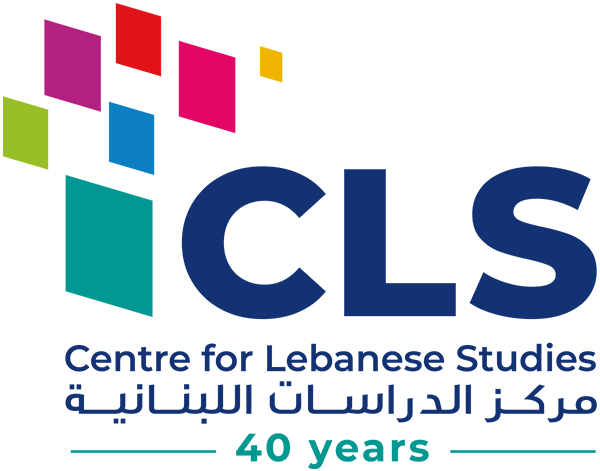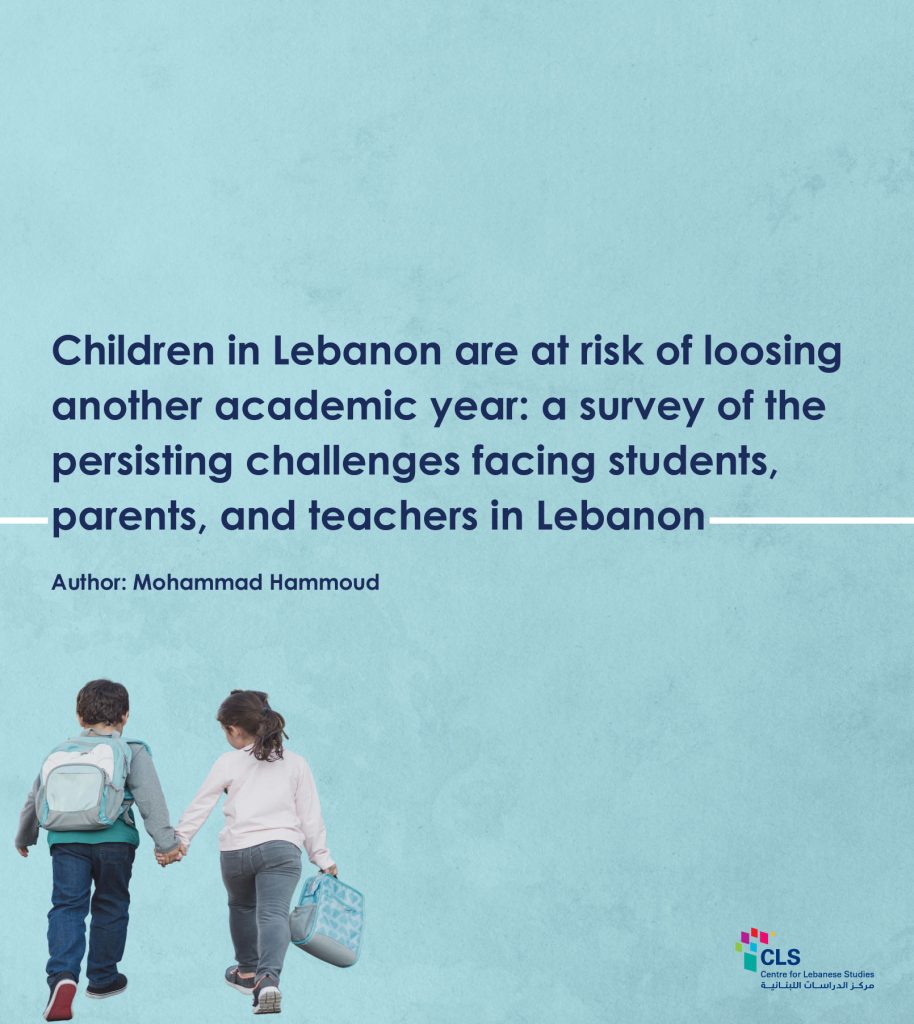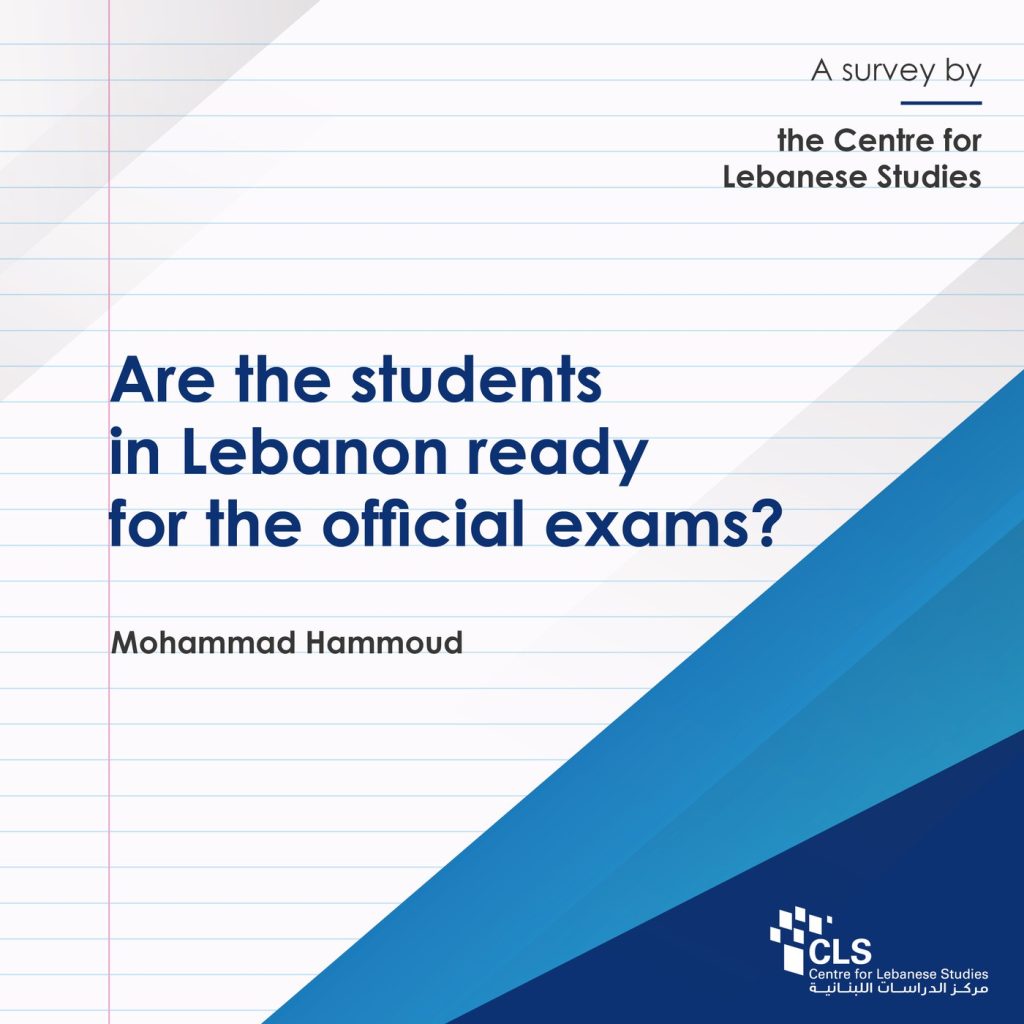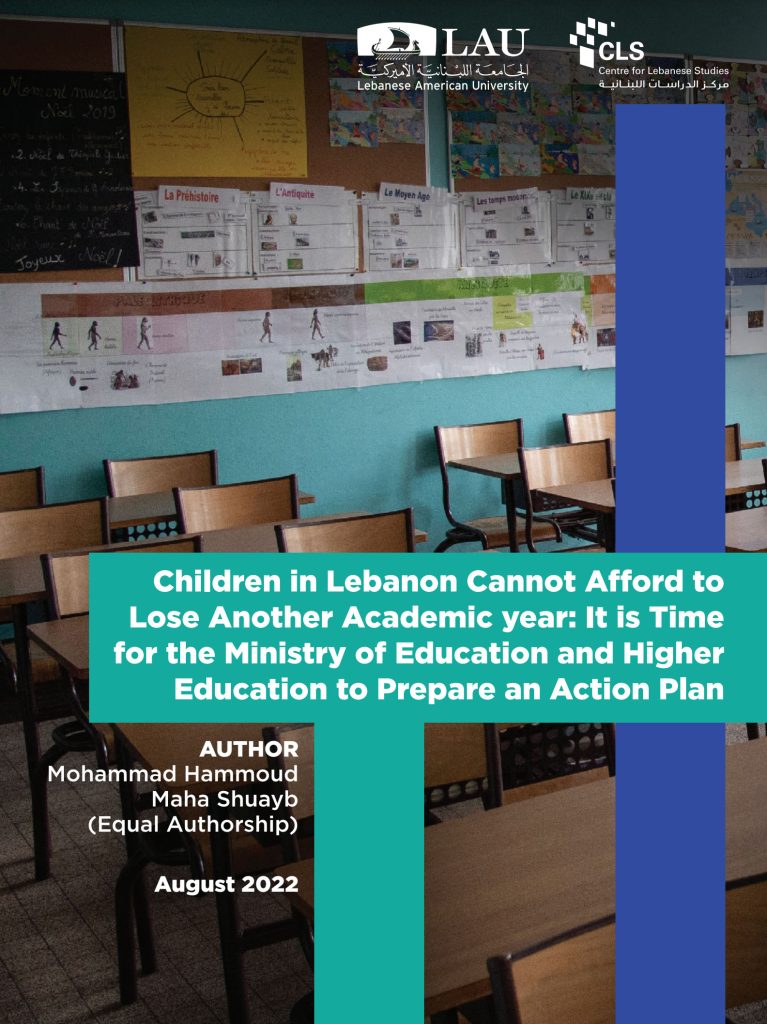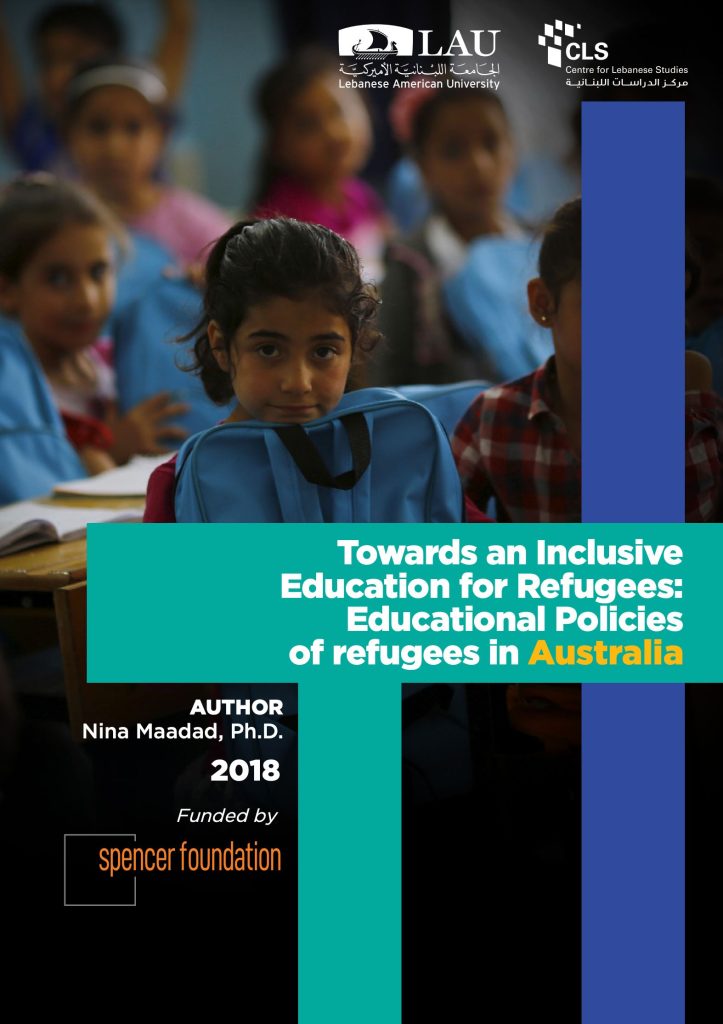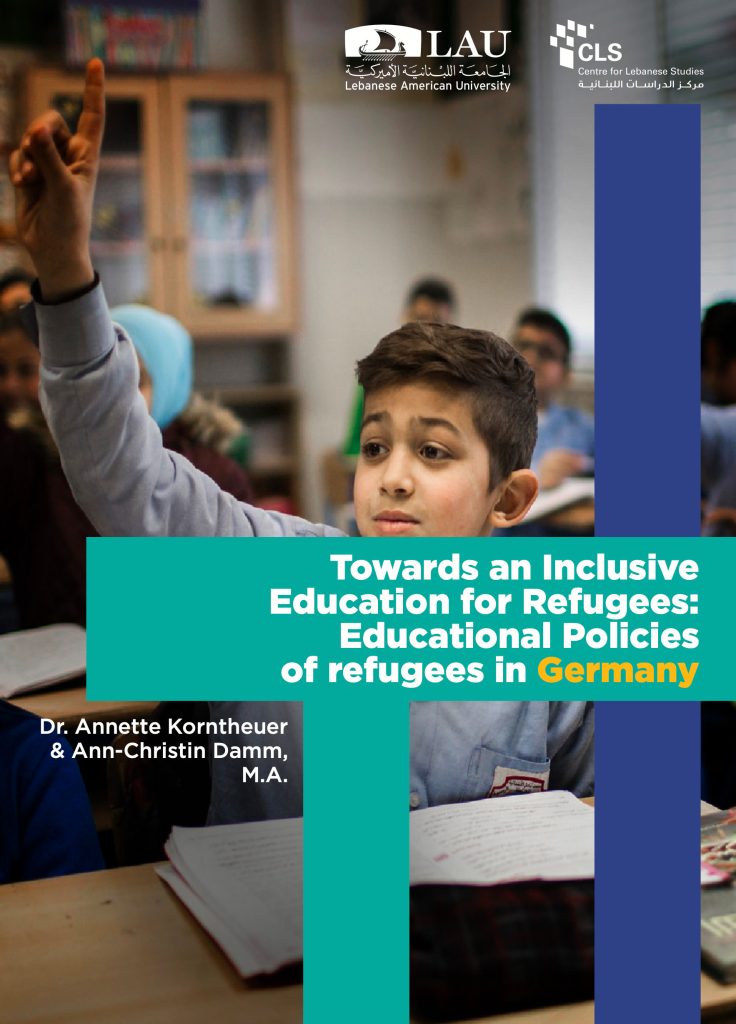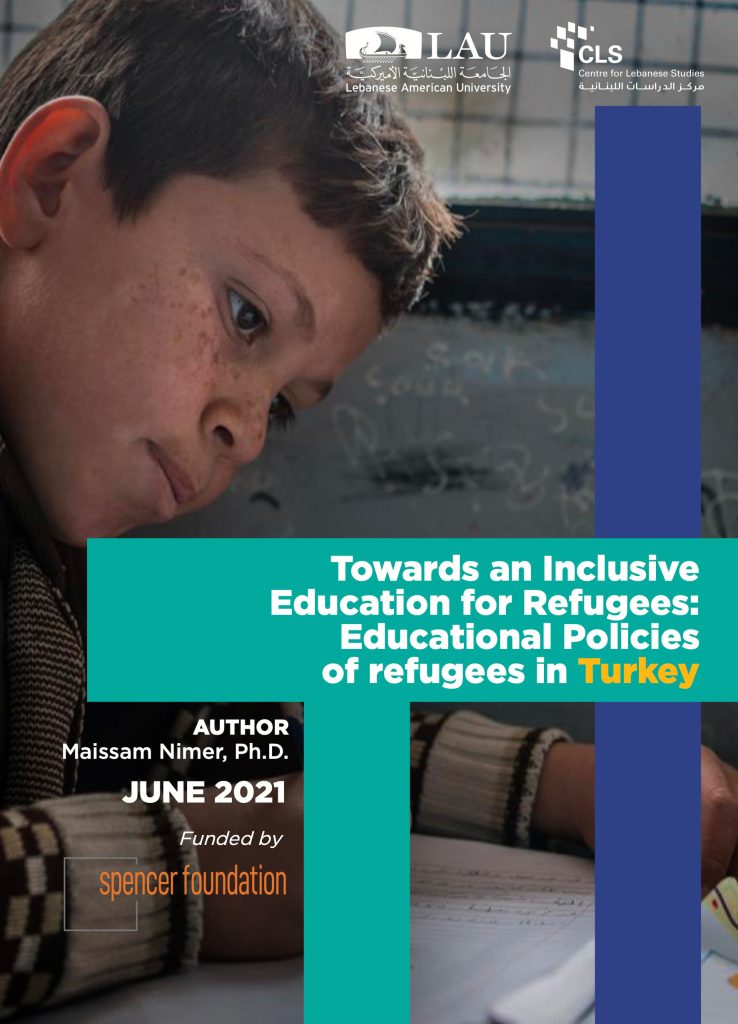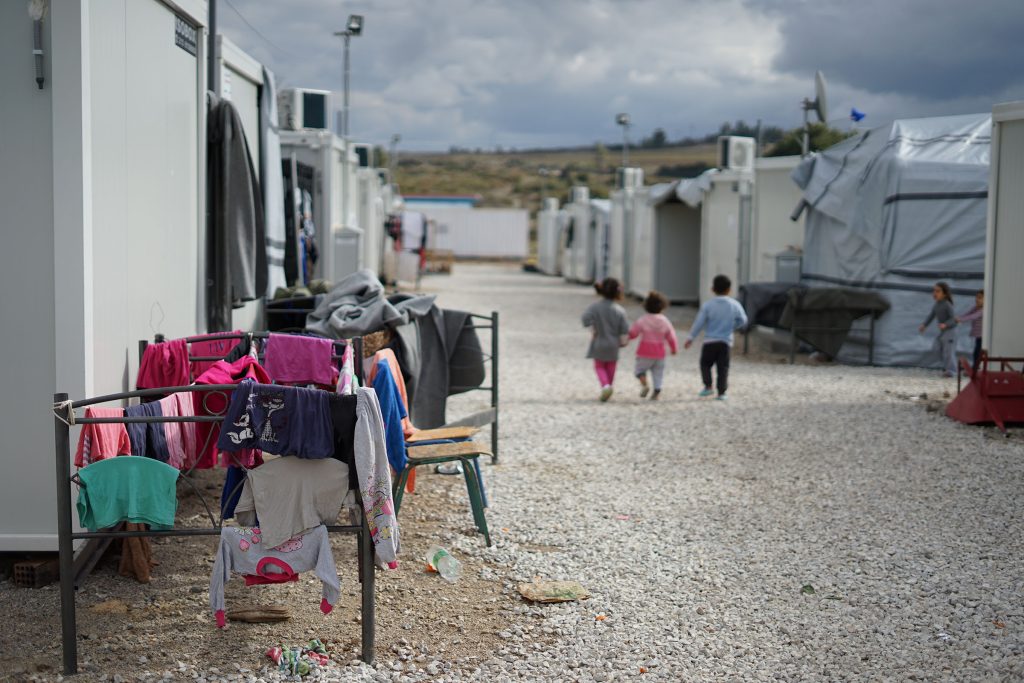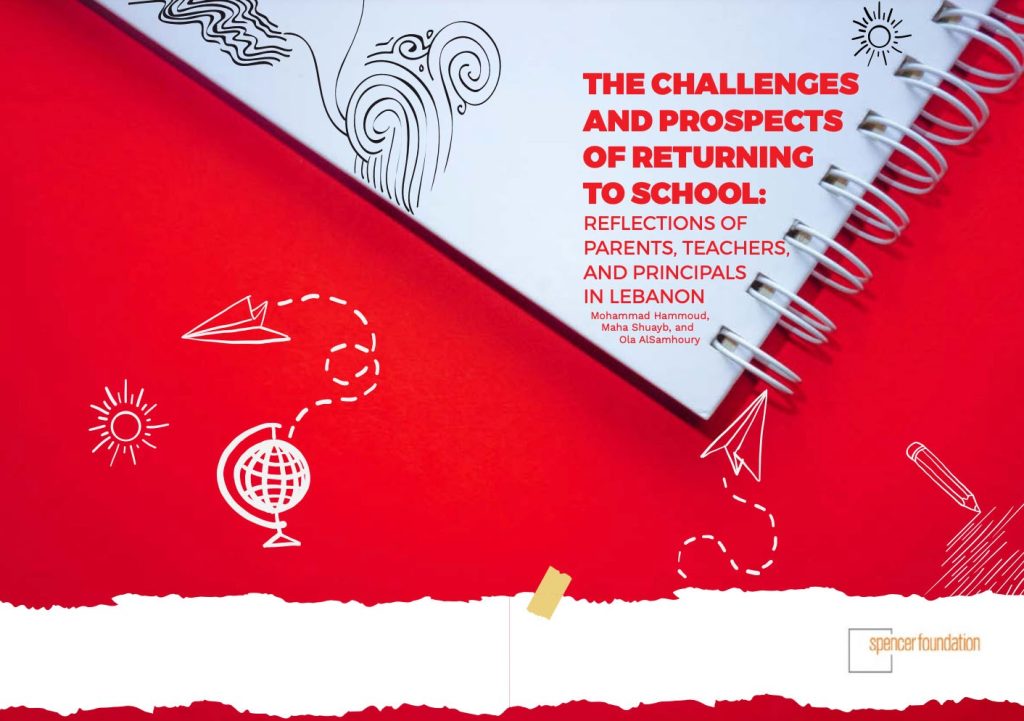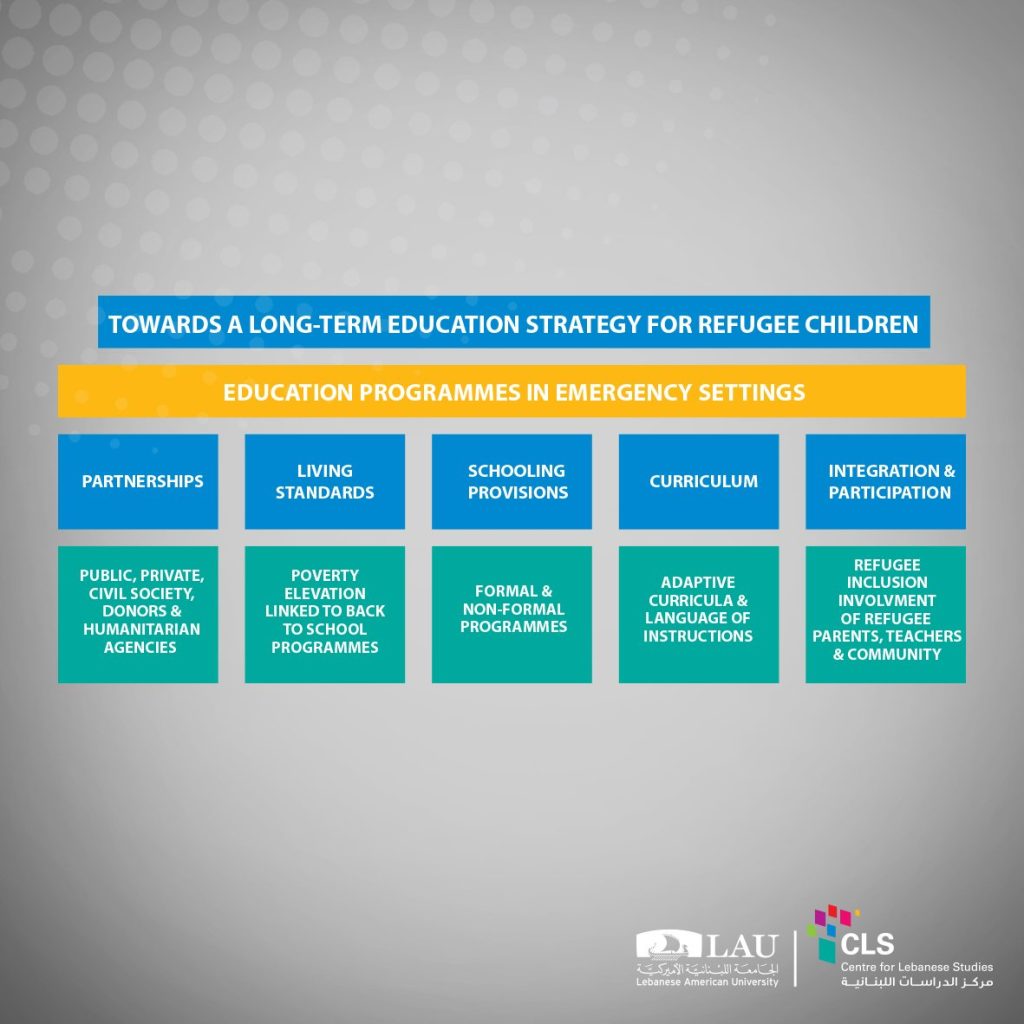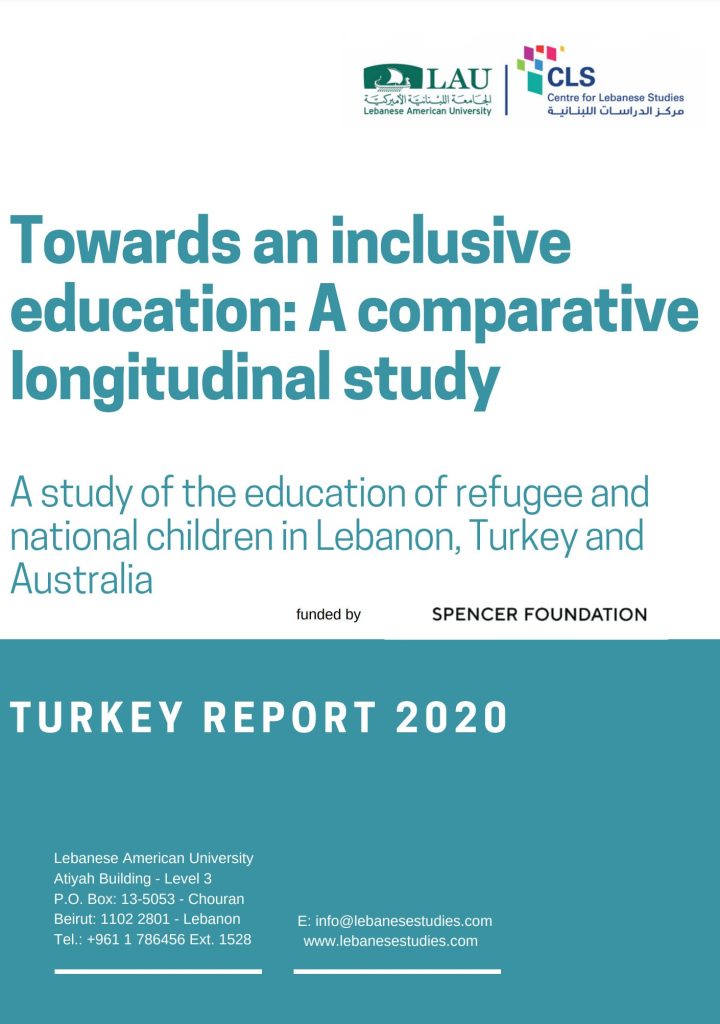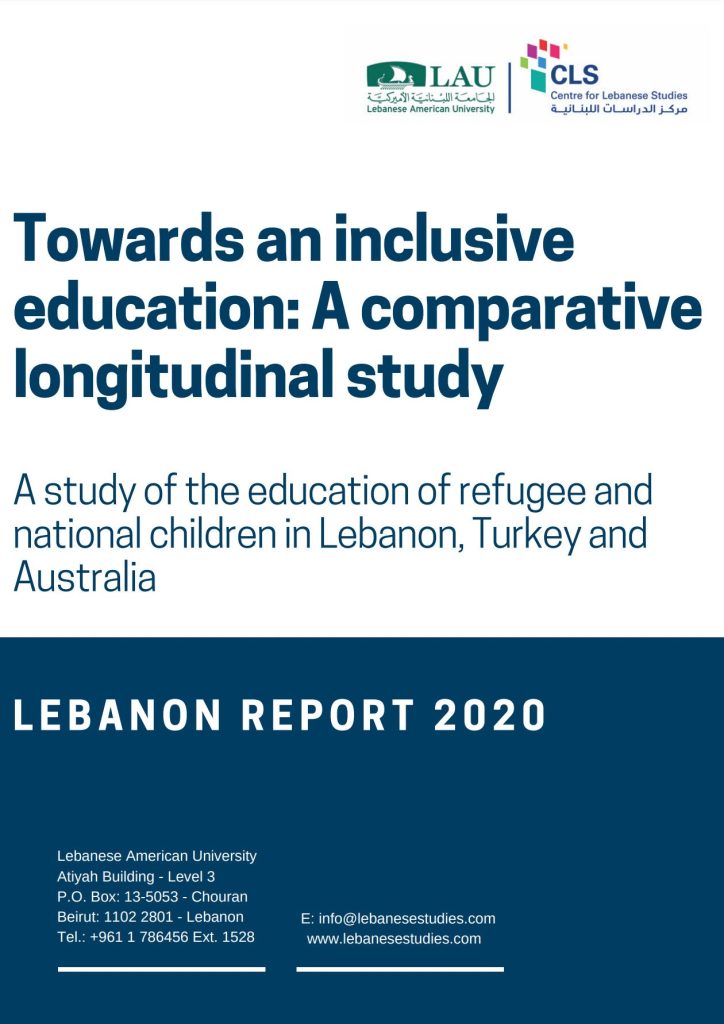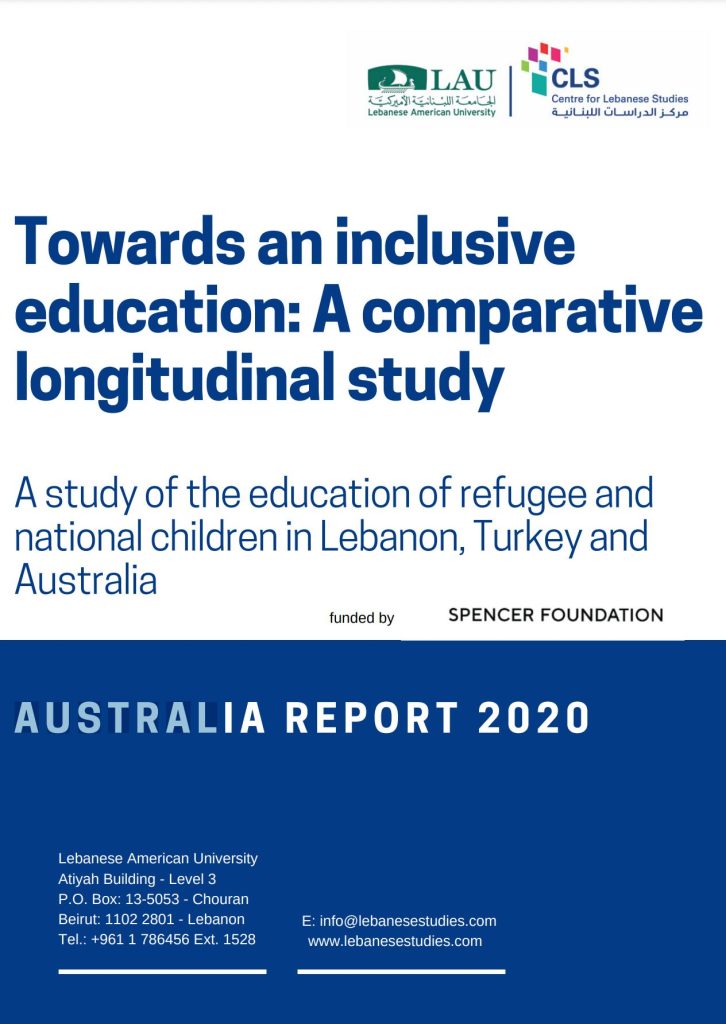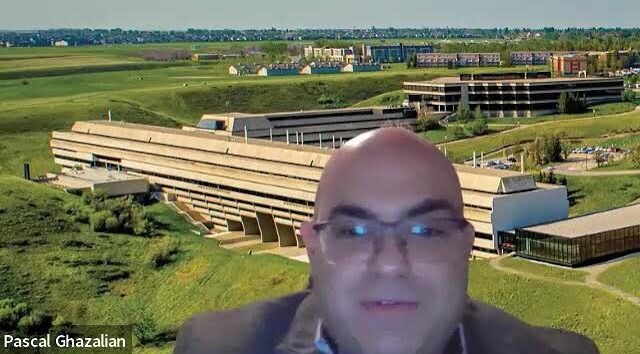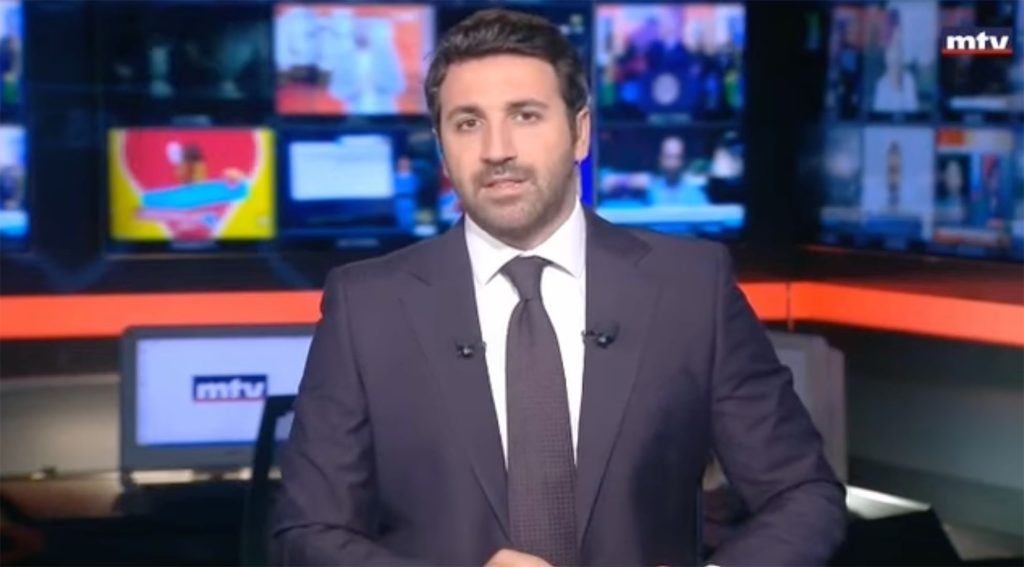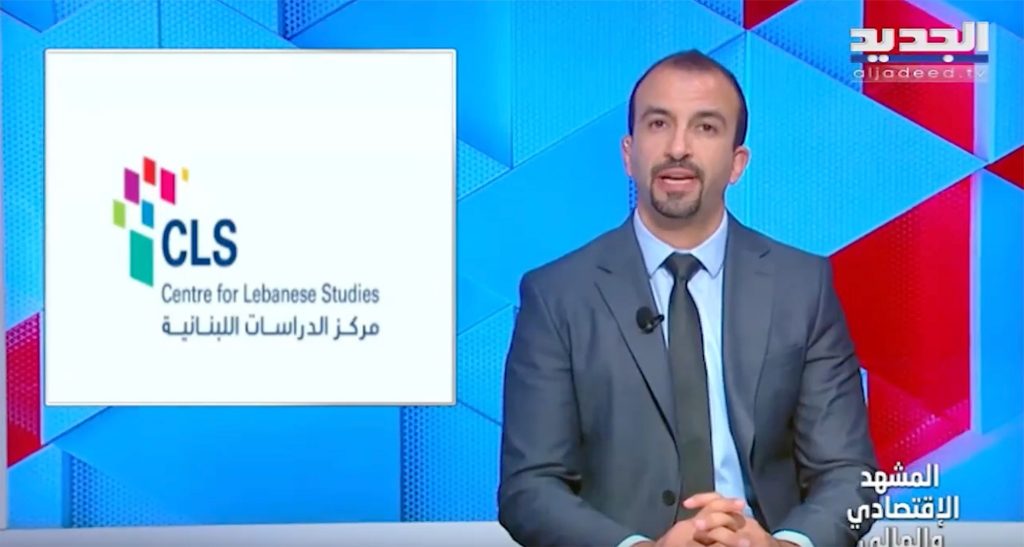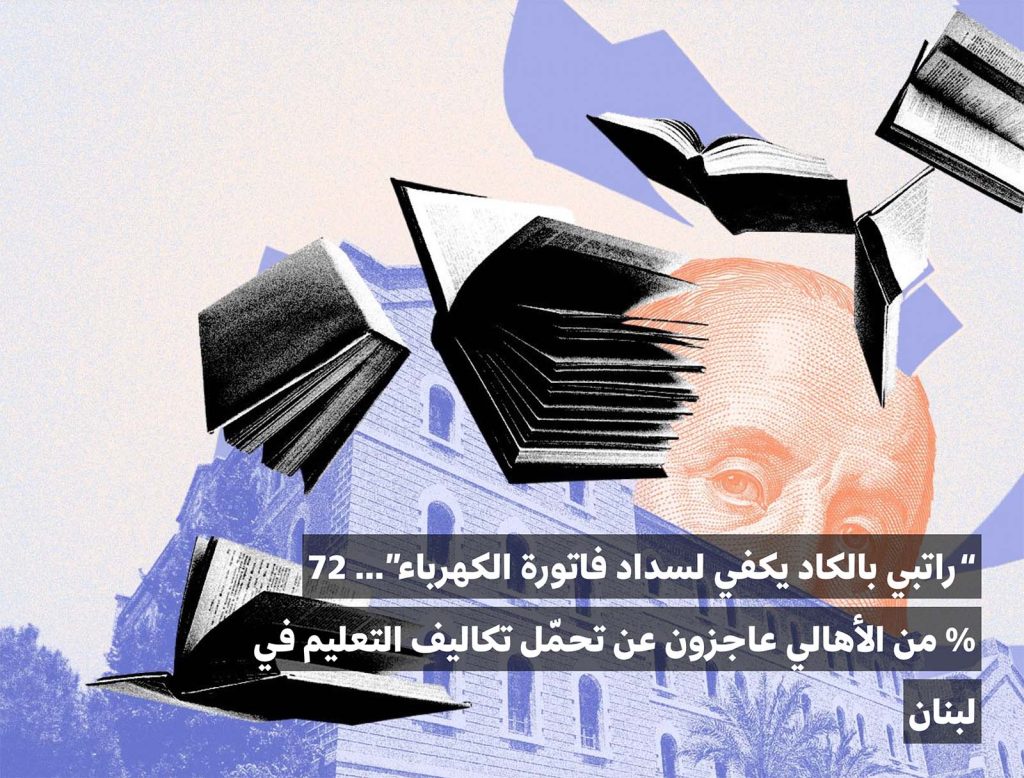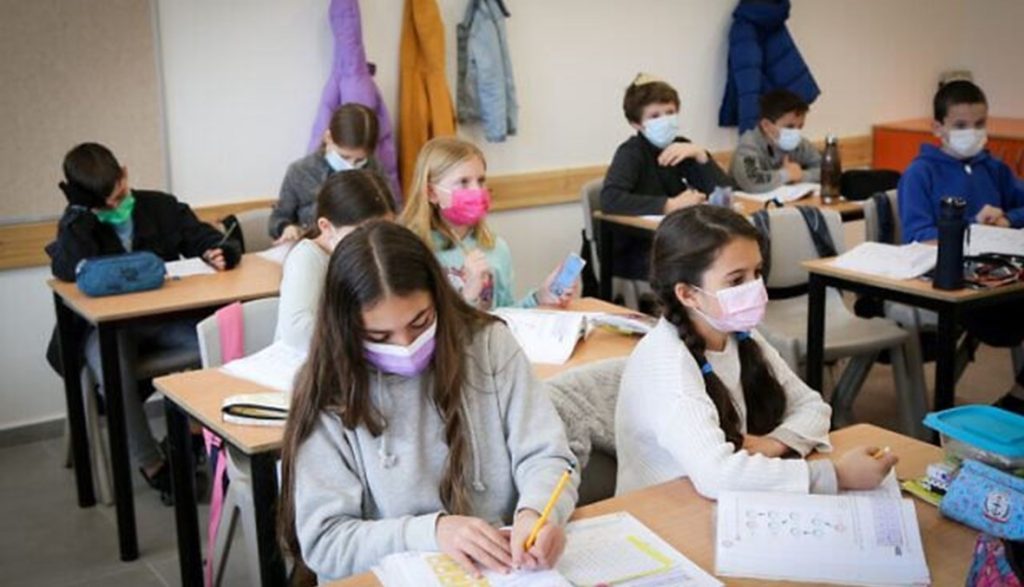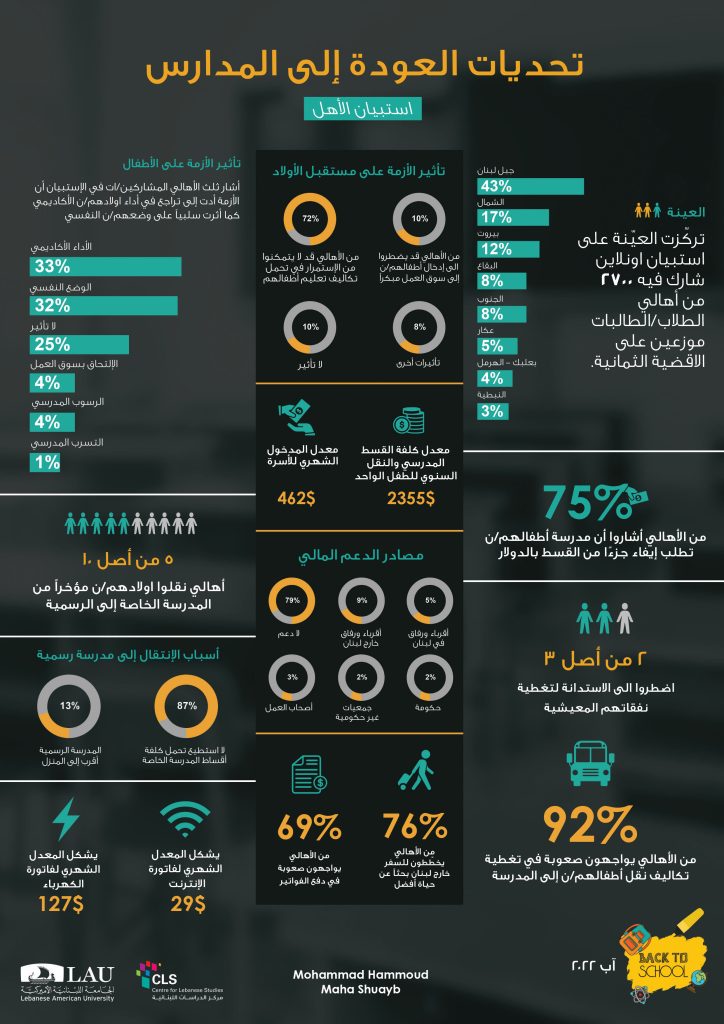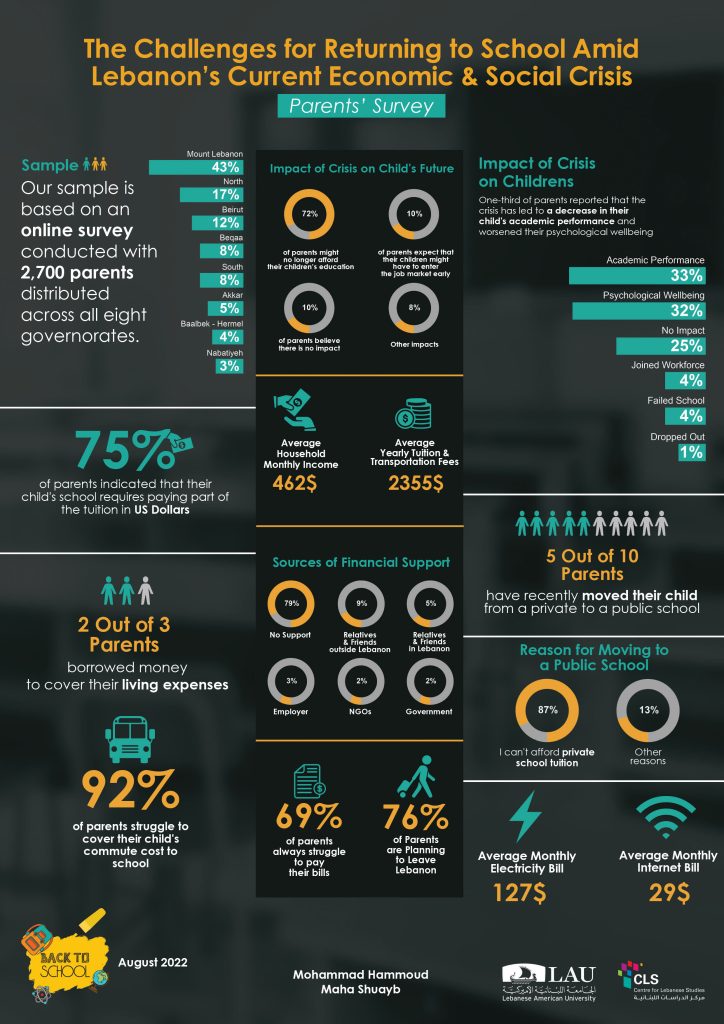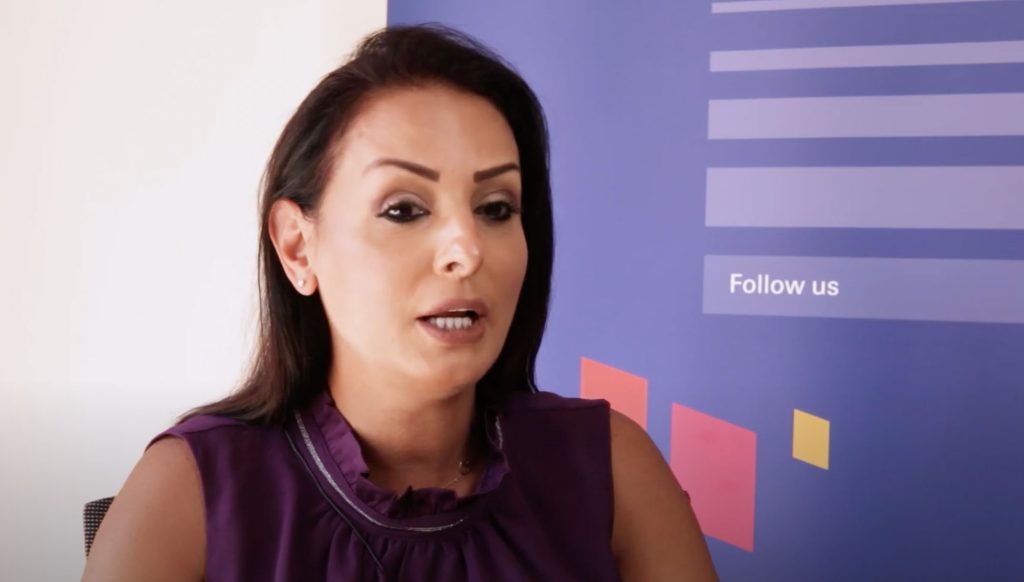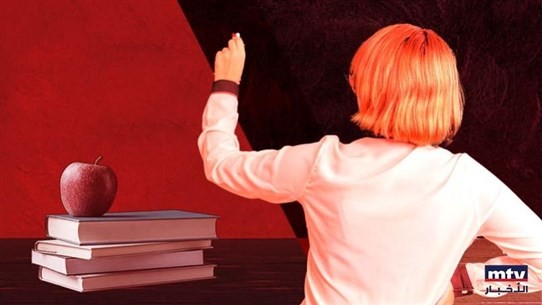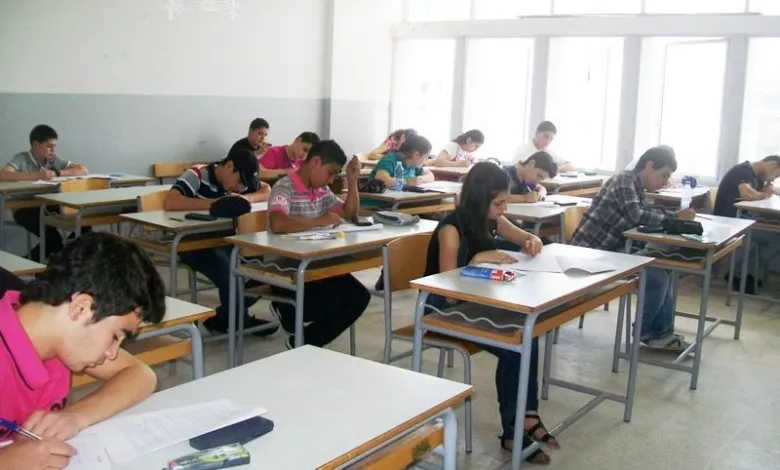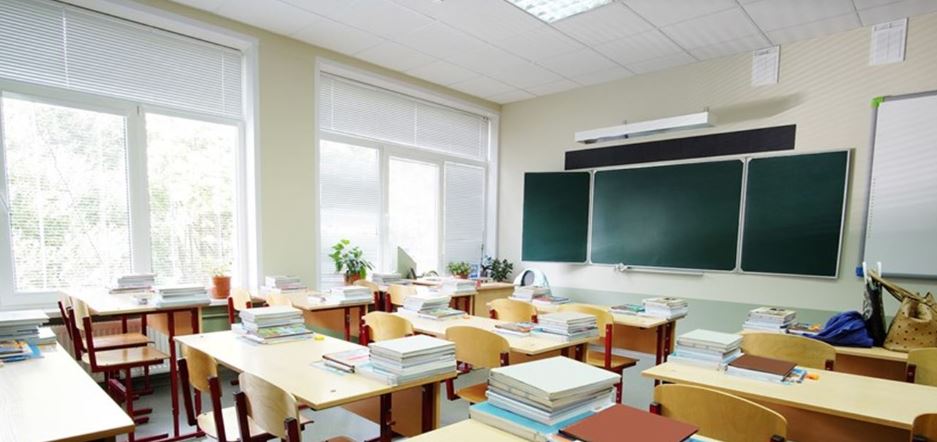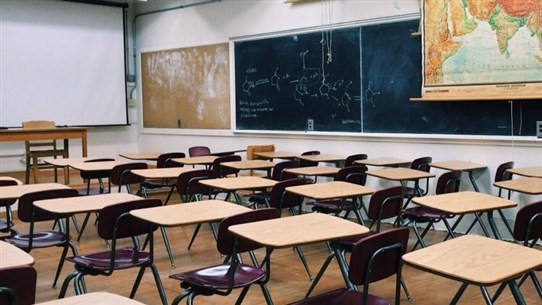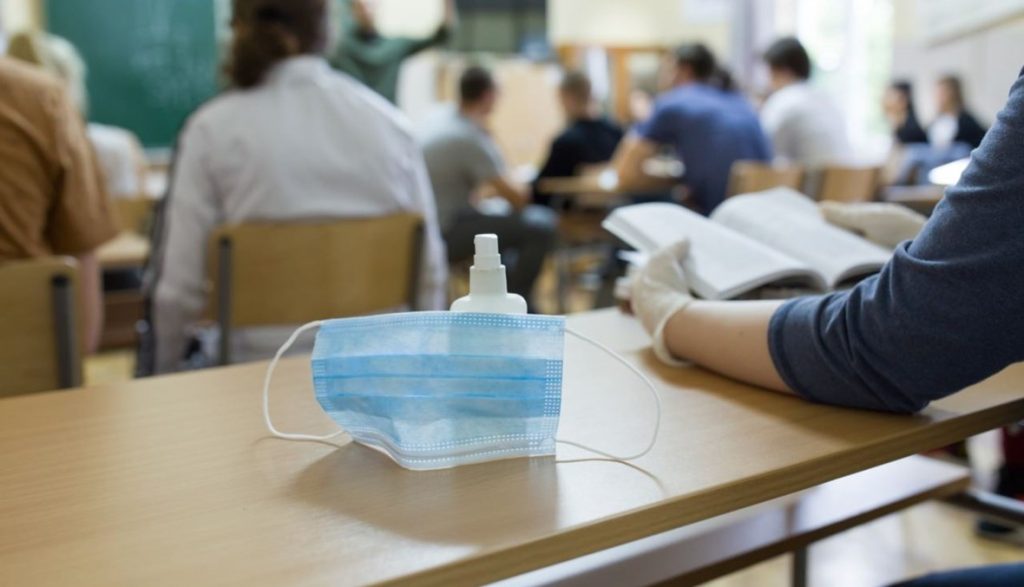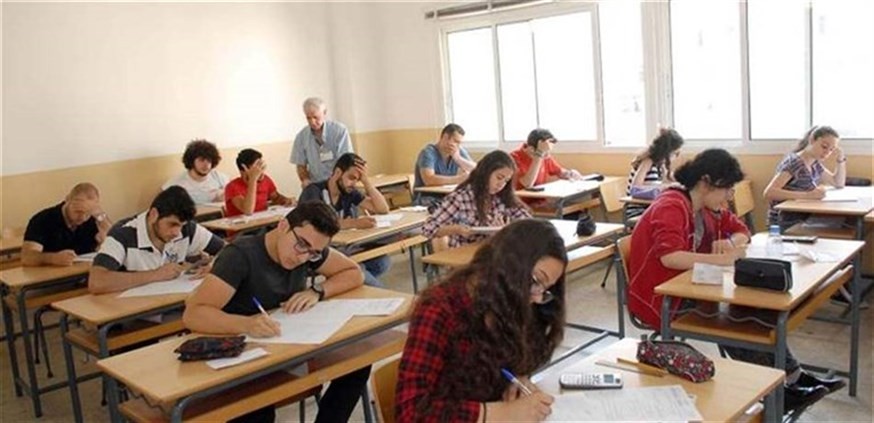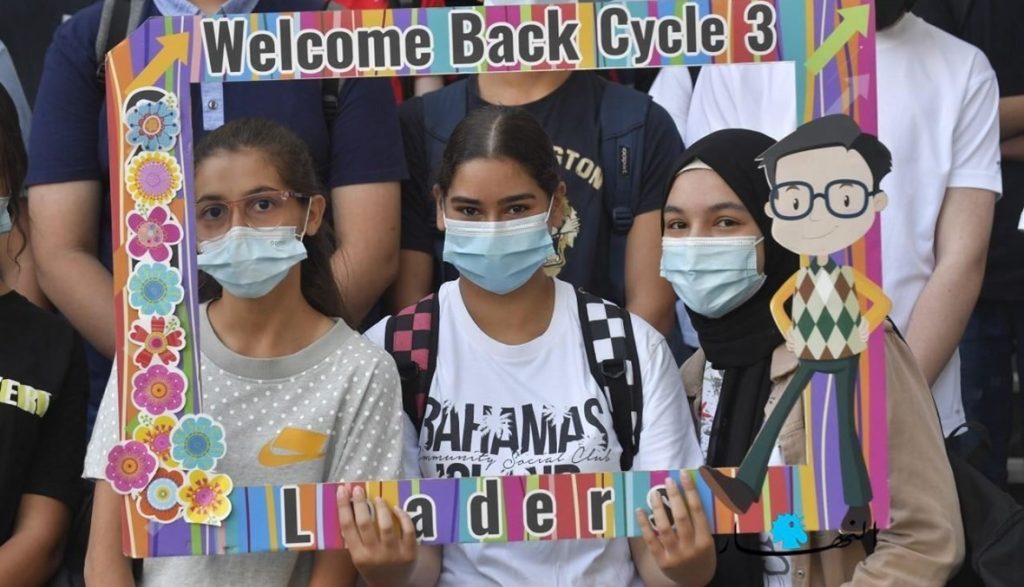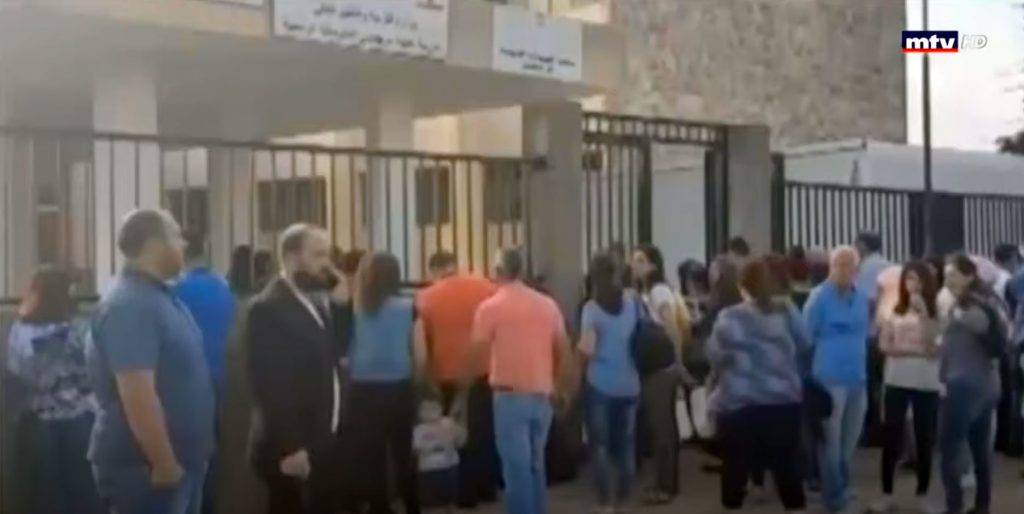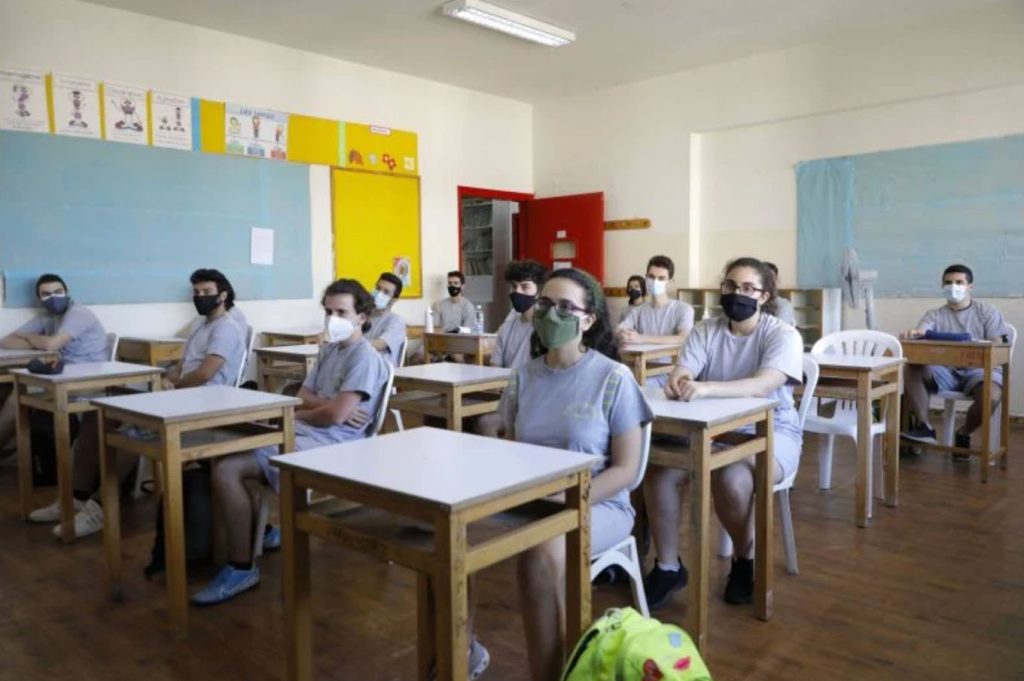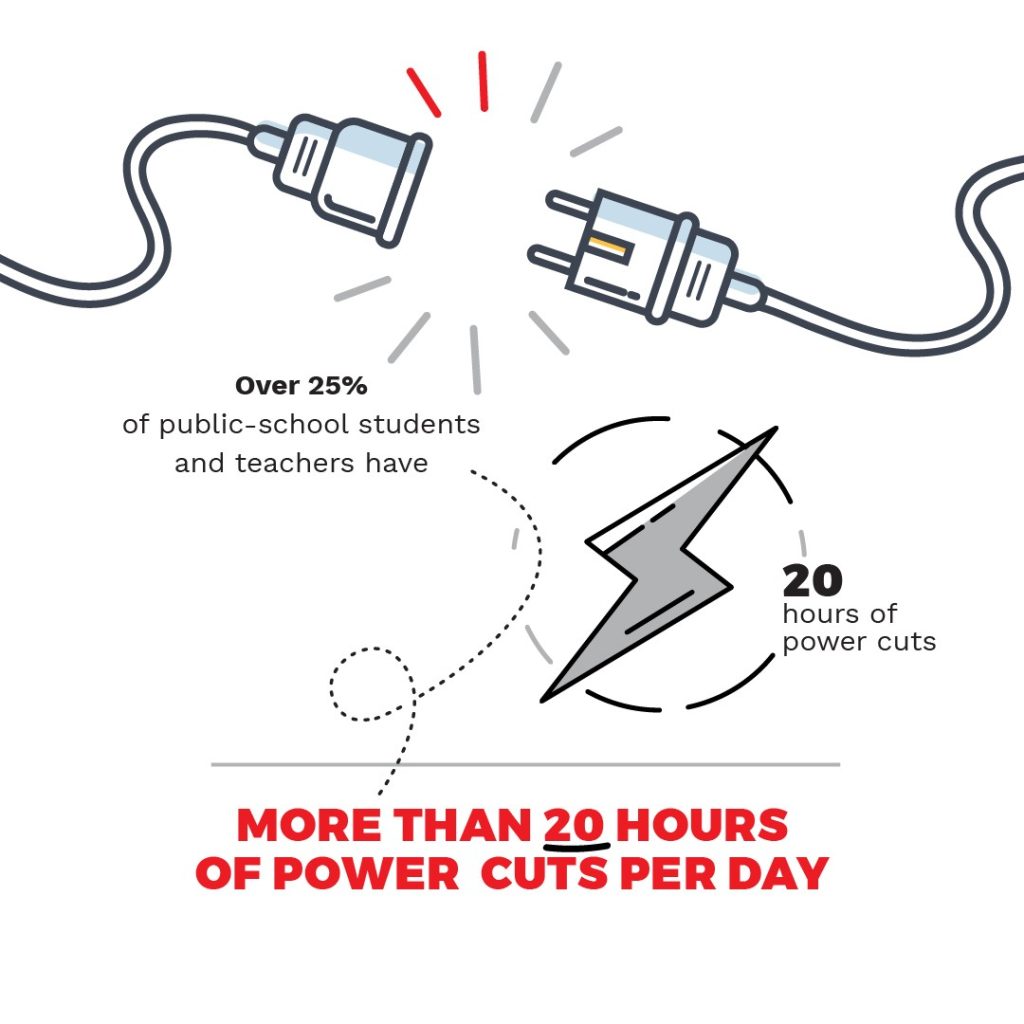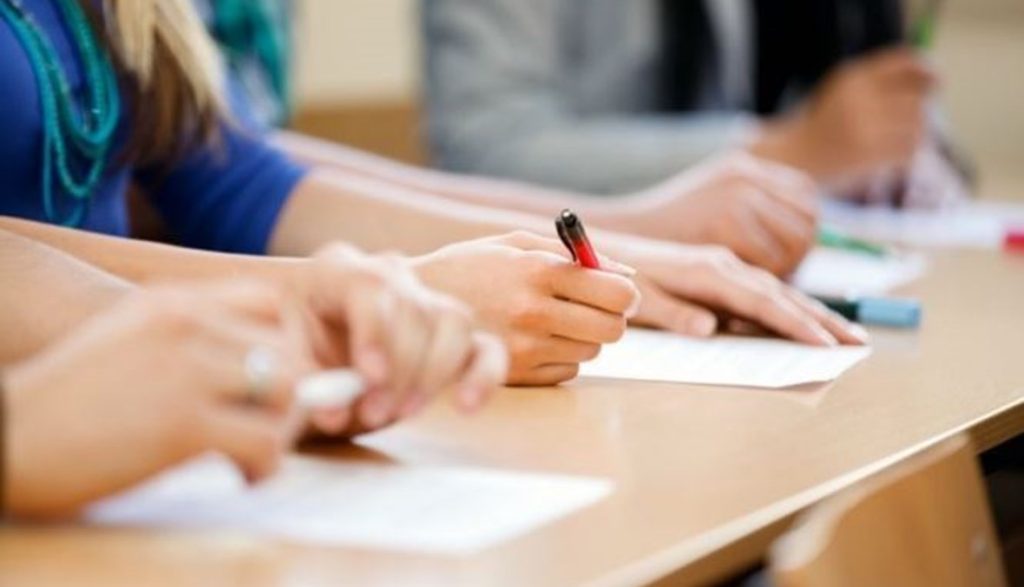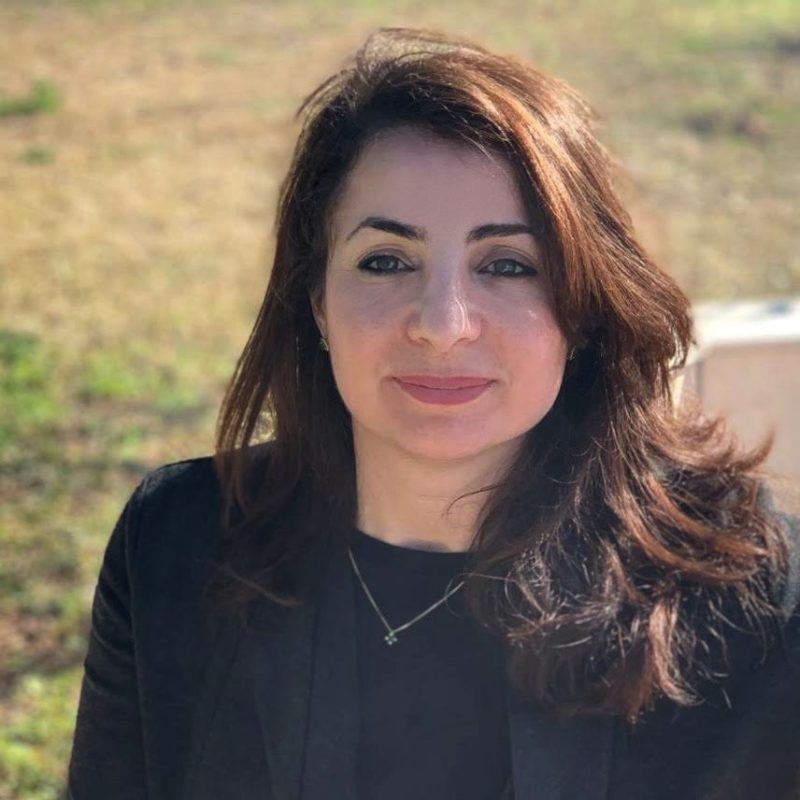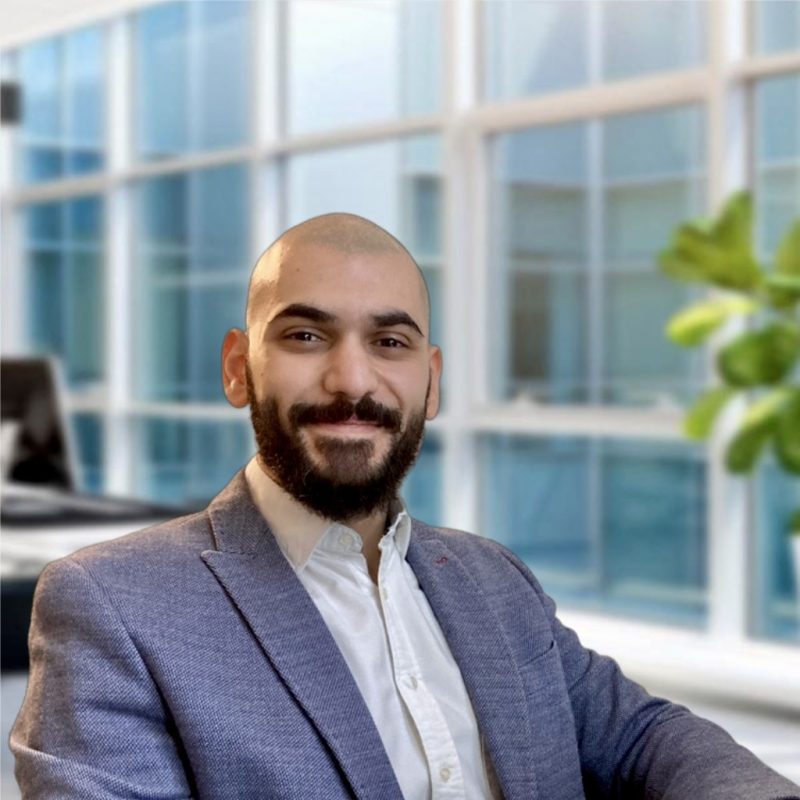Towards an Inclusive Education for Refugees: A Comparative Longitudinal Study
About
In 2018, the Centre for Lebanese Studies was awarded the prestigious Lyle Spencer grant of 951,519 USD, to conduct a comparative and longitudinal study of refugee education. The study compares education programs for refugees in Australia, Lebanon and Turkey over a five-year period (2018-2023) to better understand the structural, bureaucratic and socio-cultural dimensions of refugee education and to provide rigorous evidence for coherent and holistic education opportunities for refugee and national children.
These three countries offer a spectrum of asylum options – from temporary (and precarious) asylum to legalized pathways for permanent resettlement and citizenship. We are interested in how these macro contexts shape meso-level education policies and practices and the micro level experiences of students and educators.
The study aims to better understand the structural, bureaucratic and socio-cultural dimensions of refugee education and to provide rigorous evidence for coherent and holistic education opportunities for refugee and national children. To achieve this, a longitudinal data was collected via student surveys, interviews with educators and parents and, in depth analysis of policy documents in each country.
- Funded By: The Spencer Foundation
- Timeline: 2018 - 2023
Learn More
In 2018, CLS was awarded the prestigious Lyle Spencer grant of 951,519 USD, to conduct a comparative and longitudinal study of refugee education. The study, “Towards an Inclusive Education for Refugees: A Comparative Longitudinal Study” compares education programs for refugees in Australia, Lebanon and Turkey over a five-year period (2018-2023) to better understand the structural, bureaucratic and socio-cultural dimensions of refugee education and to provide rigorous evidence for coherent and holistic education opportunities for refugee and national children. These countries offer a spectrum of asylum options – from temporary (and precarious) asylum to legalized pathways for permanent resettlement and citizenship. The research team is interested in how these macro contexts shape meso-level education policies and practices and the micro level experiences of students and educators. The study aims to better understand the structural, bureaucratic and socio-cultural dimensions of refugee education and to provide rigorous evidence for coherent and holistic education opportunities for refugee and national children. To achieve this, a longitudinal data is being collected via student surveys, interviews with educators and parents and, in depth analysis of policy documents in each country.
What We’ve Learned
So far we have learned that across all three countries refugee students faced common vulnerabilities, especially in regard to language of instruction and adaptations to a new curriculum. However, the ways in which the three education systems responded to refugees’ needs varied considerably with important implications for the experiences of students and educators alike.
In Lebanon, where Syrian refugees are viewed as a temporary problem and the responsibility of the international community, we observed few adaptations to accommodate refugees at the level of government policy. Although teachers sometimes adapted their classroom and pedagogical practices to help refugees, these adaptations were ad hoc and were not systematically supported. Perhaps not surprisingly, teachers and school principals reported that they were overwhelmed and over-burdened by the presence of refugees in their schools. Lebanese teachers were less likely to adopt a learner centered approach for refugee students than for Lebanese students, while fewer channels and more barriers existed for Syrian parents to communicate their concerns with school staff.
In Turkey, where the government has intervened more directly in refugee management and education policy, the experiences of refugee students differed in part based on whether these students attended Temporary Education Centers (TECs) or Turkish public schools. Refugees who attended TECs had better schooling performance experiences and faced less language difficulties compared to students attending Turkish public schools. It’s important to note that TECs taught in Arabic and Turkish and used a blended curriculum whereas public schools taught only in Turkish, a language that refugees were less well-versed in.
Refugees in Australia benefit from the most systematized support structures available to students in our sample. All refugee children received preparatory classes upon arriving to Australia, followed by their integration into mainstream education. Despite all the support, the language barrier in Australia lead to worsened schooling performance and experiences for refugee students. This highlights the importance of gradually transitioning refugee children into mainstream education.
So far, we have realized that refugee children in the emergency model reported better schooling experiences, the model’s results were the worst in terms of enrolment and retention rates. Our findings stress the need to further interrogate the growing shift to integrate refugees into mainstream education and the impact of the long-term impact of both educational paradigms. We aim to update this brief following the completion of the project.
